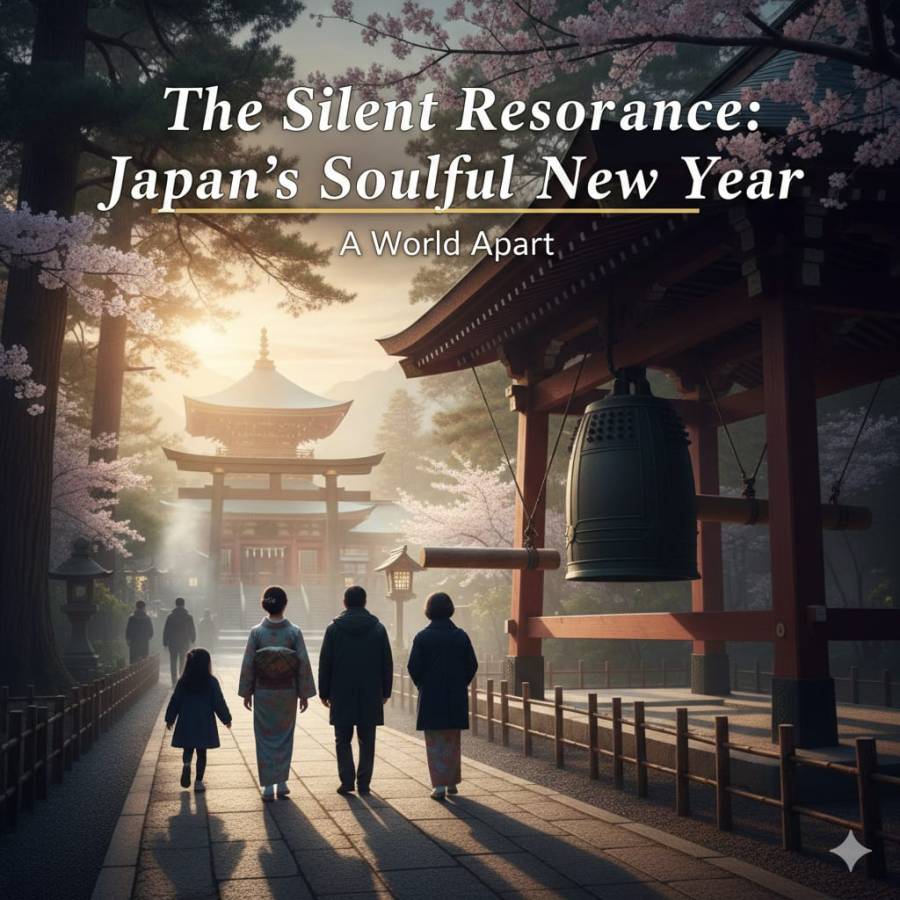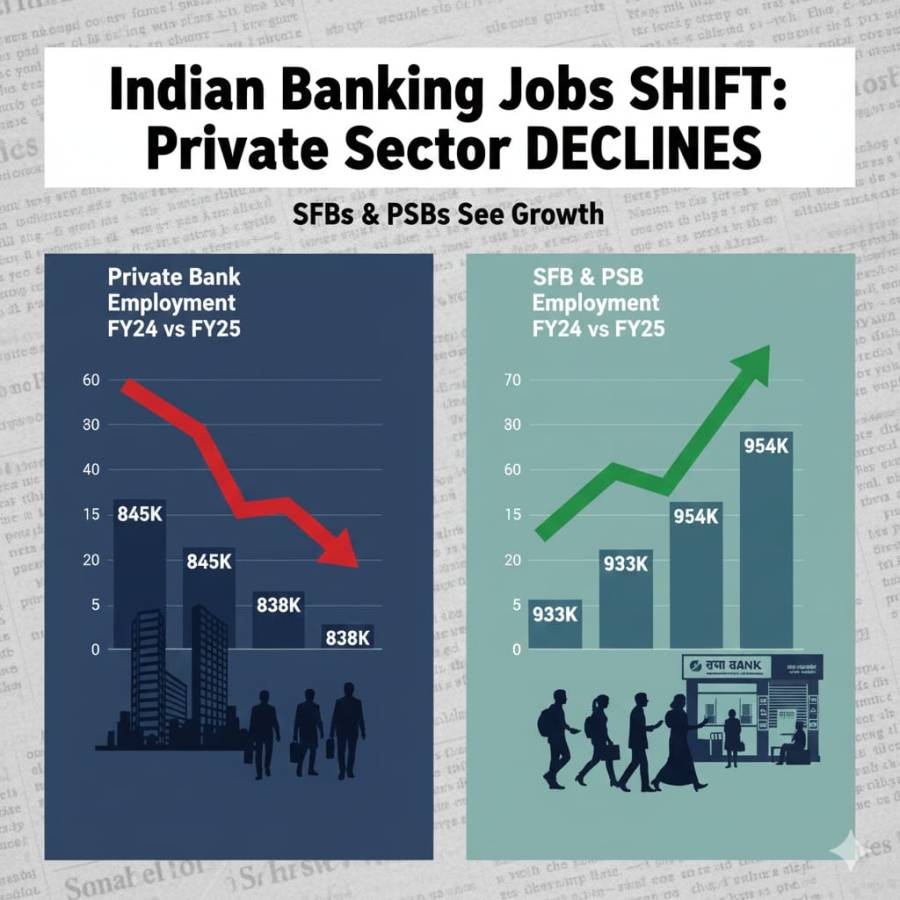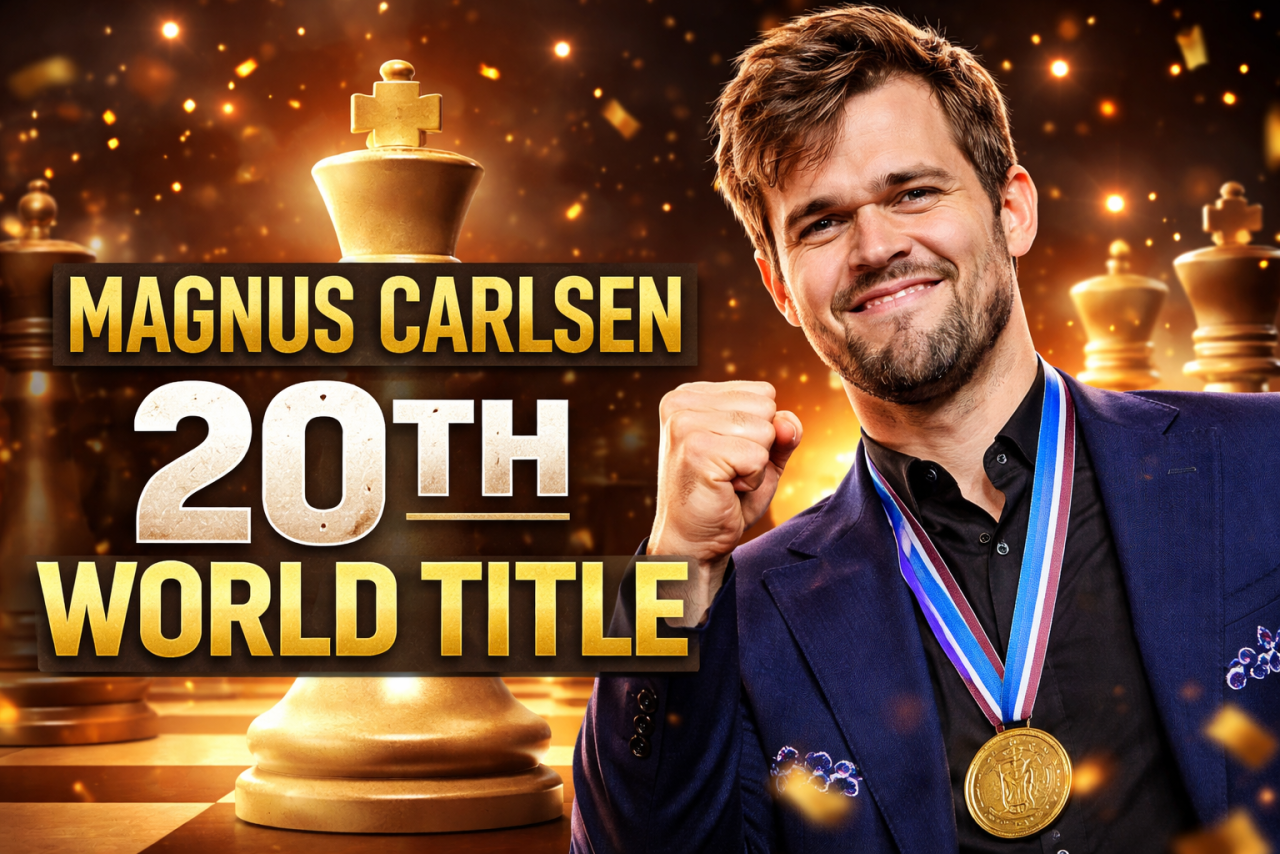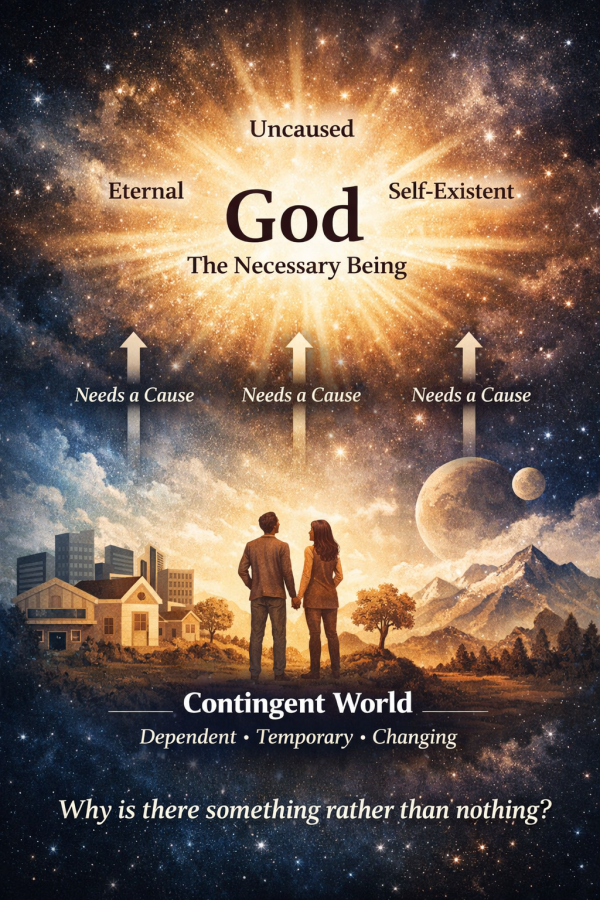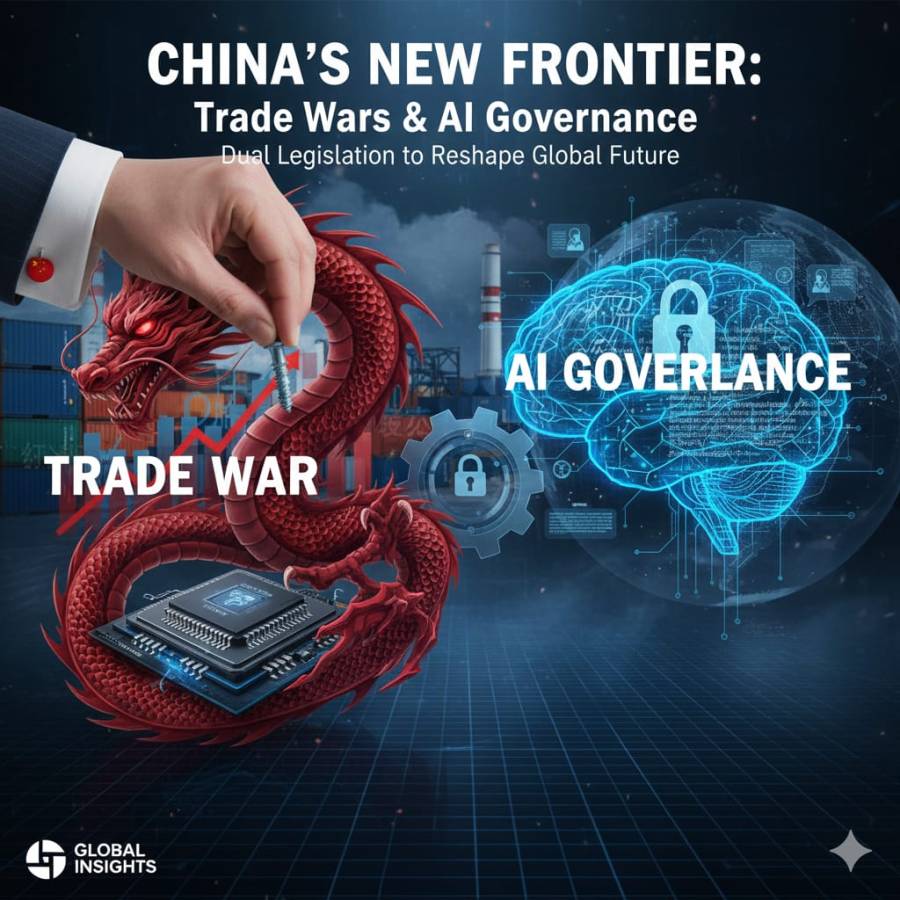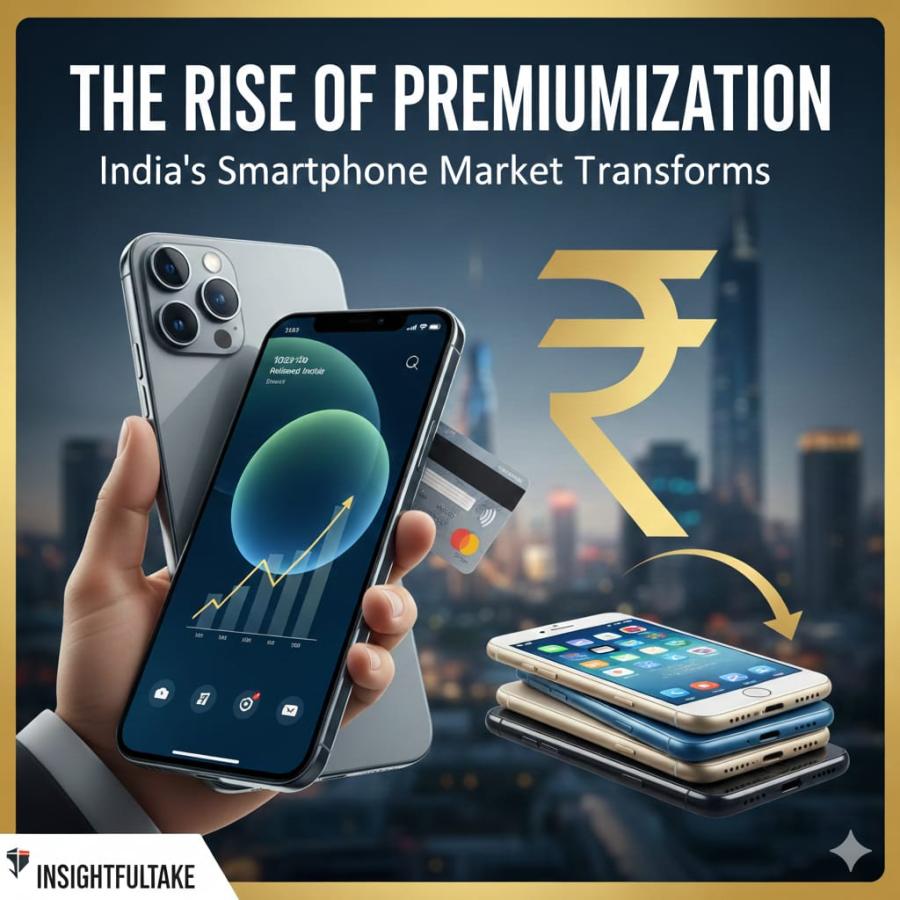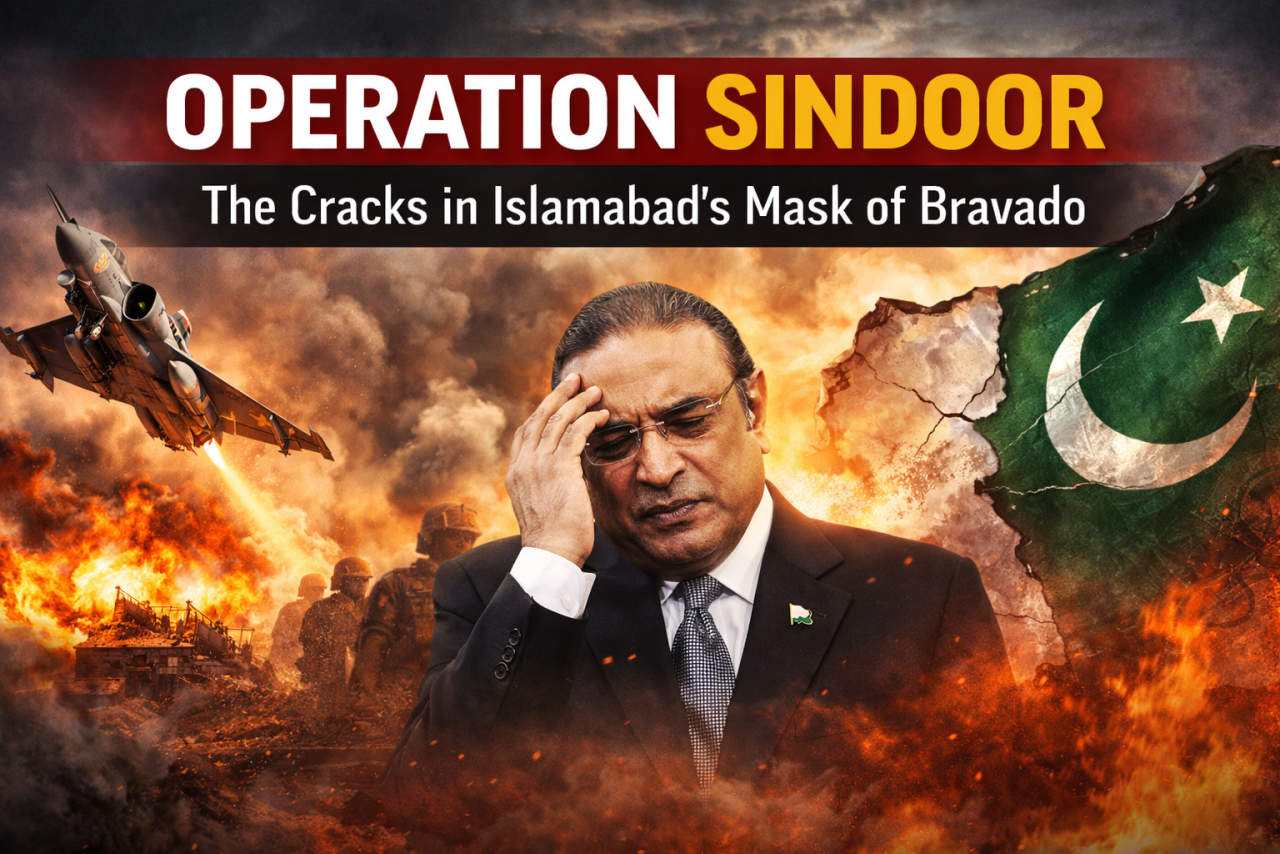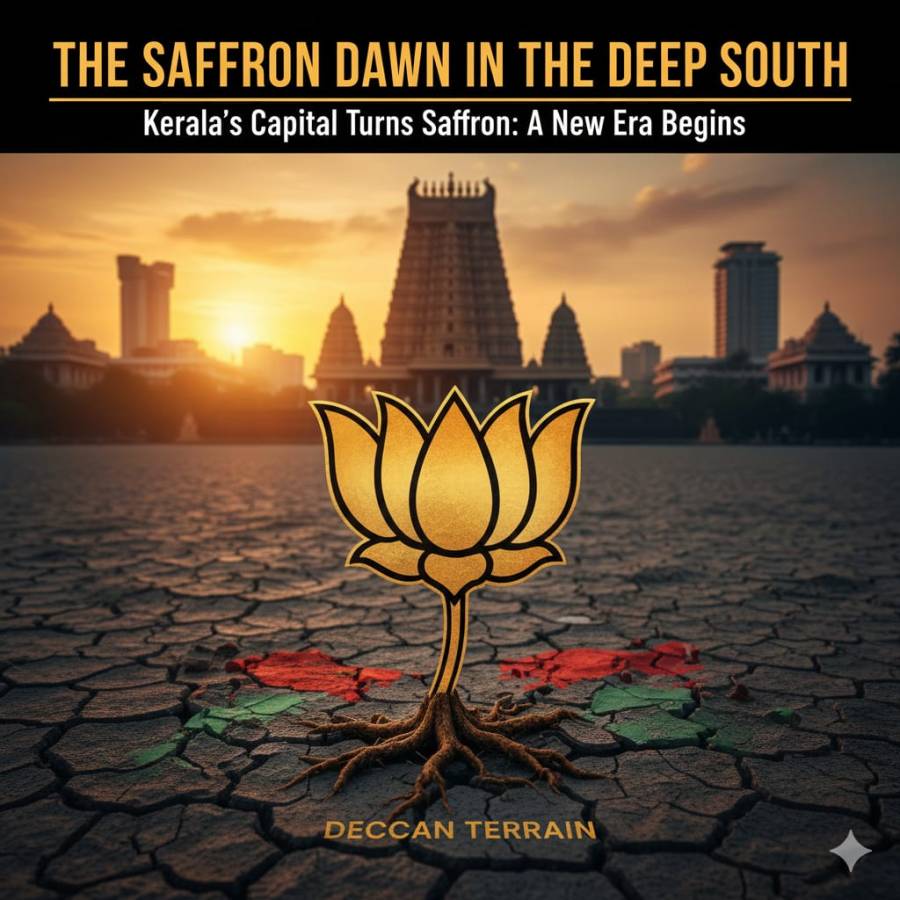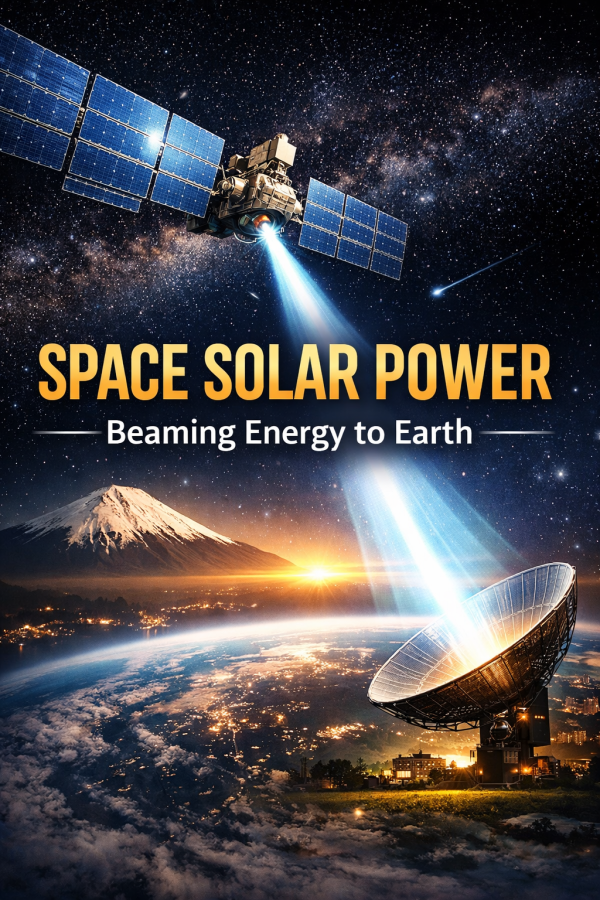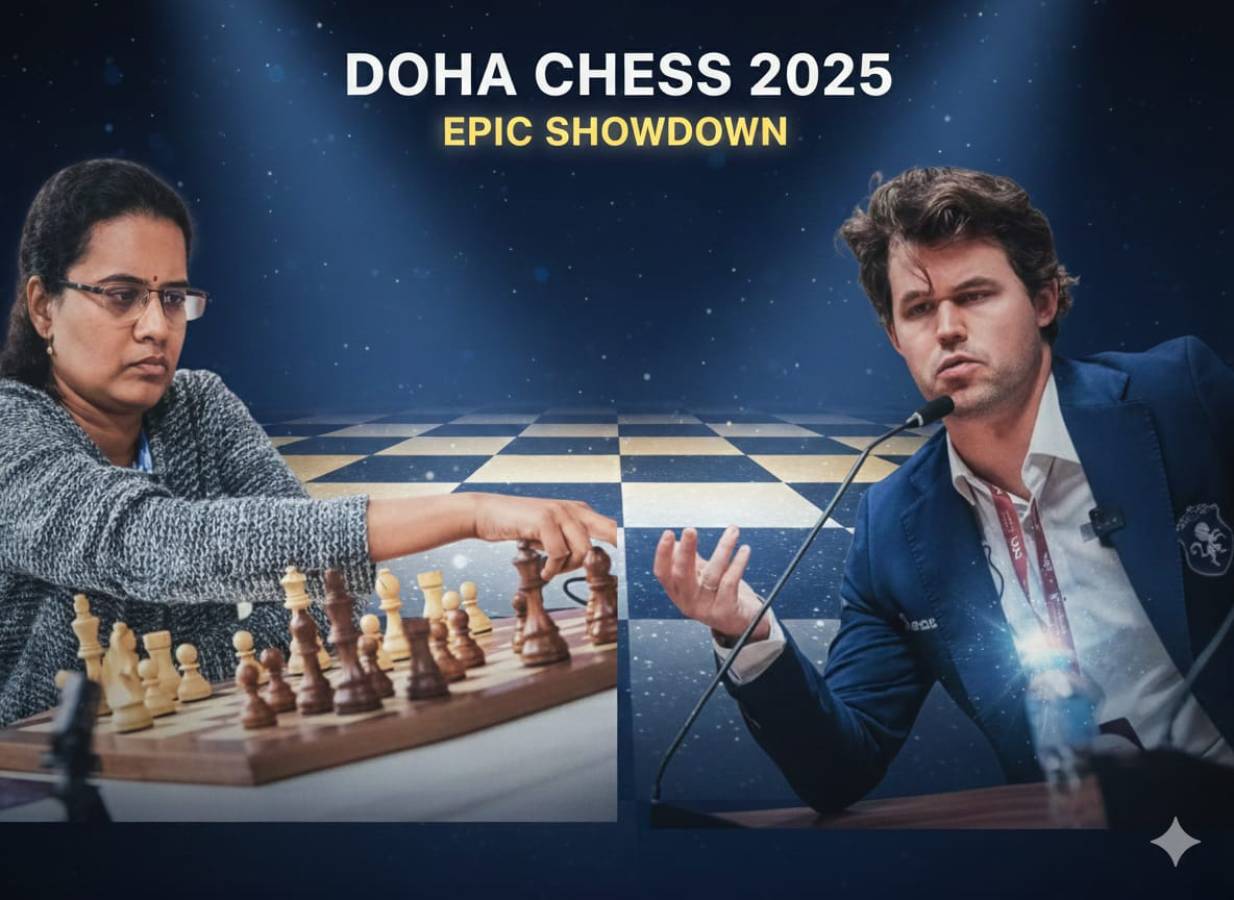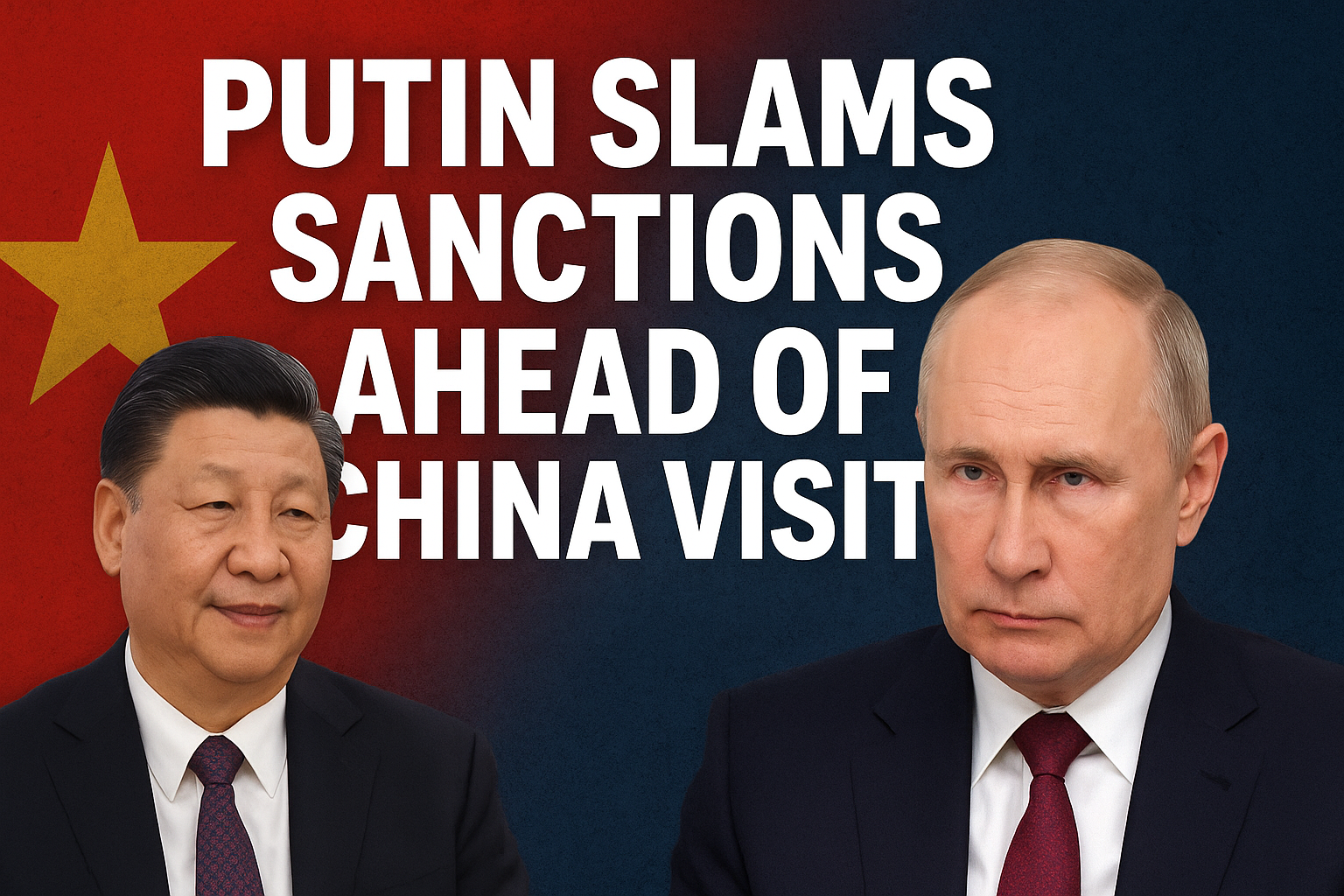
Russian President Vladimir Putin has once again spoken strongly against Western sanctions on the eve of an important visit to China. His statement comes as Russia’s economy faces serious struggles. The country is sliding toward recession because of restrictions on trade, the rising costs of the war in Ukraine, and global isolation. Putin called the sanctions unfair and discriminatory, claiming that they harm not just Russia but also the flow of international trade.
Russia and China issued a joint statement, shared through China’s official Xinhua news agency, where Putin described the sanctions as harmful to cooperation in science, technology, and commerce. He suggested that both Russia and China were finding new ways to work together despite global pressure. According to him, cooperation between the two countries is growing across different fields, even as the West attempts to isolate Moscow.
Putin will be visiting China for four days beginning Sunday (August 31, 2025). This trip is being seen as a major diplomatic moment since Russia considers China its closest ally at a time when it is cut off from most Western economies. During his stay, Putin will first attend the annual meeting of the Shanghai Cooperation Organization (SCO) in Tianjin. The SCO, which was created in 2001, is a security and political group that includes countries such as China, India, and several Central Asian nations. Russia sees this platform as an important way to show that it still has partners despite its growing conflict with the West.
After the meeting, Putin is expected to travel to Beijing for talks with Chinese President Xi Jinping. He will also take part in a large military parade in the Chinese capital. The parade will mark the end of World War Two in Asia and the defeat of Japan. The Chinese government often uses such events to stress the importance of unity against foreign pressure, which makes Putin’s visit even more symbolic.
Xi Jinping and Putin have met many times before. This will be Xi’s 11th meeting with Putin since becoming president more than a decade ago. The two leaders have grown closer since 2022, when Western nations imposed heavy sanctions on Russia following its full-scale invasion of Ukraine. The restrictions included bans on Russian oil, gas, and financial transactions. The measures forced Moscow to look for new markets and partners, and China stepped in to fill some of the gap.
According to trade figures, China has become Russia’s largest trading partner, with total bilateral trade projected to cross 245 billion dollars in 2024. Much of this trade is now carried out in rubles and yuan, reducing dependence on the American dollar. This shift shows how Moscow and Beijing are building parallel systems of trade in response to Western controls.
Putin said that such arrangements prove that international collaboration between Russia and China is not only continuing but also expanding. He described their cooperation as advancing across many areas, including defense, infrastructure, and technology. He also mentioned that his upcoming talks with Xi Jinping would open new opportunities for deeper cooperation between their people.
However, not everyone agrees with Russia’s stance. European Union foreign policy chief Kaja Kallas said that there was no chance of returning frozen Russian assets until Moscow paid reparations for the war in Ukraine. She argued that if the assets were simply given back, it would mean rewarding Russia despite the damage caused by the invasion. According to her, these funds could be used instead to rebuild Ukraine.
The disagreement highlights the sharp divide between the Western world and countries like China that continue to engage with Russia. While Western leaders insist that sanctions are necessary to pressure Moscow into ending the war, Putin insists that they only make Russia and China stronger allies.
As Putin begins his visit to China, the world is watching closely. The outcome of his meetings with Xi Jinping could shape not just the future of Russia-China relations but also the direction of the Ukraine conflict. For now, Russia appears determined to resist Western isolation, and China seems willing to provide the support Moscow needs.



